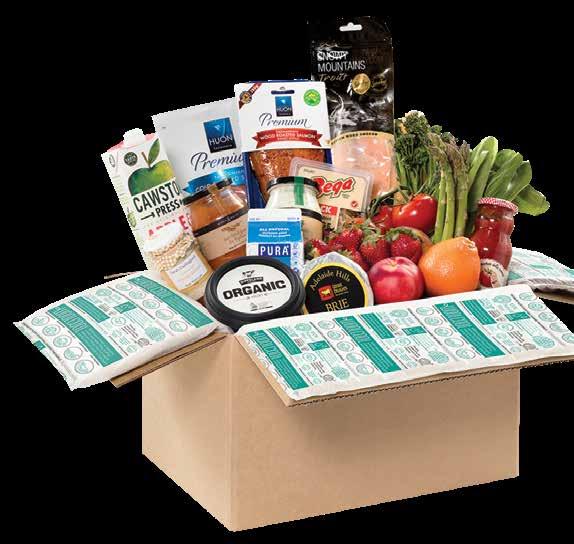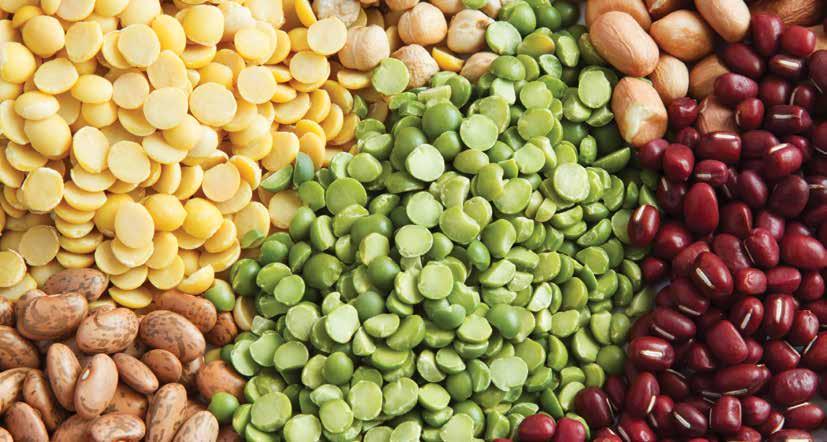SAFETY
The importance of food and beverage labelling The AIFST’s Fiona Fleming talks about some of the problem areas when labelling food and beverage products.
Consumption of food allergens can have life-threatening consequences.
F
ood labelling – it can be a minefield. In an era of food allergens, many imported products, as well as a bevy of health and safety regulations, food and beverage manufacturers have their work cut out for them to make sure they create products that meet a wide range of food regulations. It’s something not lost on Fiona Fleming who is the managing director of the Australian Institute of Food Science and Technology (AIFST), which is the body for food industry professionals who work in many different fields within the food and beverage industry.
Fleming knows that food labelling can be a difficult subject to navigate, especially for those just starting out in the industry. What are the main issues surrounding food labelling? Correct labelling of imported foods and declaration of food allergens provide significant challenges, according to Fleming. Australia does appear to be the food allergy capital of the world, with Melbourne leading the way. There is no single reason for this, more a myriad of causes – peoples’ diets have changed, more sufferers are reporting their allergies and,
18 Food&Beverage Industry News | November 2019 | www.foodmag.com.au
in the case of Melbourne, some researchers believe low levels of vitamin D contribute due to the city’s cooler climate and children spending less time outdoors in the sun. Whatever the reason, consumption of a food allergen can have fatal consequences for those who are allergic to that food or foods. For someone with a severe allergy, exposure to the allergen can cause a life-threatening reaction called anaphylaxis which affects the whole body, often within minutes of exposure. “They key allergens of concern in Australia and New Zealand are
egg, milk, peanut, fish, crustacea, peanuts, soybeans, sesame seed, tree nuts, wheat and other gluten containing cereals, and lupin,” Fleming said. “These are required to be labelled when present in a food under the Australia New Zealand Food Standards Code. And just to add to the confusion, both for those on the ground in Australia and those wanting to import food products, allergens required to be labelled in one country might not always be required to be labelled in another.” For example, in Europe, mustard












